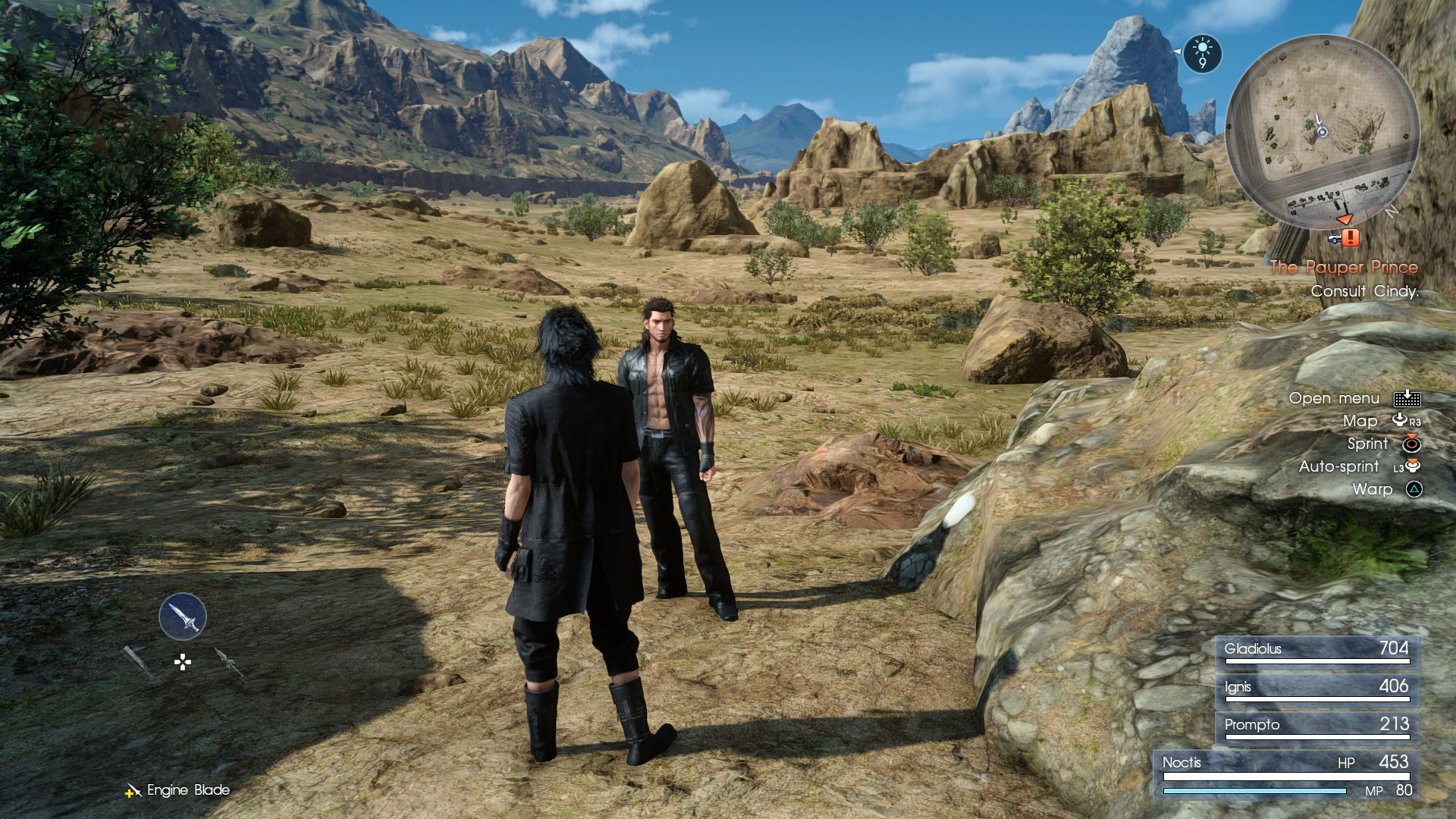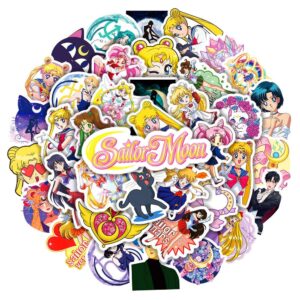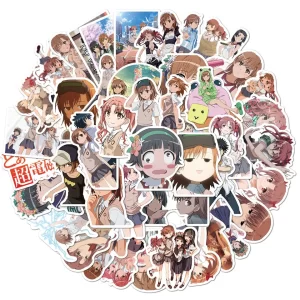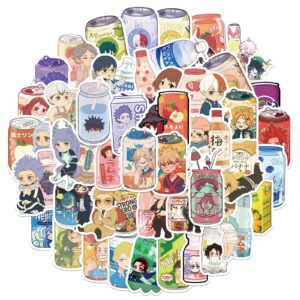Final Fantasy VII is one of the most well-known, critically acclaimed games of all time. But it isn’t just one game. It had a plethora of extra content in the Compilation of Final Fantasy VII. A collection of spin-off games and movies all set in Midgar.
Back in the early 2000s this branch-out of the original Final Fantasy VII was a massive deal! Fans had been clamouring to return to Cloud Strife and his friends in anyway they could. So when Square announced it in 2004 everybody in the industry was clamouring to know more.
Today I want to take a look at the Compilation of Final Fantasy VII, seeing where it came from and what it’s all about. Come along with me as I discover the Compilation of Final Fantasy VII.
With Final Fantasy VII being the massive success it was back in 1997. Square Enix (Square at the time) decided they wanted to branch out the content they made. Using their pre-established IP’s to generate products. At E3 2004 Square made it clear they were starting to create “polymorphic content”. In a statement just before E3 they said:
“we’re also looking to build upon some of our original content. Our most popular franchises, and applying them into other forms of media. The future of entertainment will encompass more than presenting content in a singular format such as in a movie, videogame or comic book. The new entertainment experience will cross platforms and media.”
This project was headed up by Final Fantasy VII veterans Yoshinori Kitasi and Tetsuya Nomura. Other big name staff were to be involved with the Compilation of Final Fantasy VII. They were to all be non-traditional J-RPG’s, due to related production pressures.
The Content of the Compilation
There was a lot of content involved in the compilation, the main titles were three spin-off games and two films. An Electronic Gaming Monthly article from 2004 helps flesh out the creative decisions behind these titles. They sat down with Yoshinori Kitasi and asked him questions about the upcoming projects.
Kitasi said that inspiration came from Final Fantasy VII creating the direction the series would be going in future games –
“There are lots of fans all over the world that have a strong emotional attachment to it”.
Clearly Square were aware of the impact the game had, and they knew fans would love to return. However they understood that they had to do it right. In an effort to not upset the fans, they needed to get the band back together. That’s why Yusuke Noara was back as Art Director. Nobuo Uematsu as Composer. Kazushige Nojima as scenario writer, and Tetsuya Nomura as character designer.
Advent Children – the feature film – came first. The team knew that if they wanted to flesh out Final Fantasy VII as much as possible they would have to expand the content. Square felt that they wouldn’t do the original justice through one project.
The same ECM interview gives the reason for Vincent being the protagonist of Dirge of Cerberus: Final Fantasy VII was made clear. Kitasi notes the team wanted to create an action game. Vincent’s signature gun accommodated that. He goes further saying Vincent, despite being a secret character, had a lot of ties to Shinra, Hojo and Sephiroth. So he could carry his own game in the lore of Final Fantasy VII.
Crisis Core: Final Fantasy VII was a direct prequel to the original game. Released on the PSP it sees Zack Fair as the protagonist. It also fleshes out Cloud Strife’s story fairly heavily. Being released after Last Order: Final Fantasy VII meant changes to story elements that fans disliked were something Square were now aware of. So Crisis Core used its prequel status to flesh out characters. Without changing their personalities and actions too much.
Ending the Compilation
It’s not secret that the last part of this series was Final Fantasy VII: Advent Children Complete. The team went on record after its release saying that this was it for the compilation up to this point, as releasing anymore would ‘saturate the market’. Whilst I haven’t mentioned all of the content created for the Compilation of Final Fantasy VII I’ve addressed enough for the purpose of showing what the overarching goal was.
Square wanted to please fans by expanding on the world of Final Fantasy VII in as many different forms as possible. To appeal to different types of fans they placed the world under different contexts. It was made because Final Fantasy VII was popular with fans, but what about in Square itself?
How did Square Feel?
Not everyone at Square liked the direction the Compilation was taking. Many knew sales, market knowledge and quality penned the choice for the Compilation. But some saw it as unnecessary. The original games Composer, Nobuo Uematsu said this in the Polygon history of Final Fantasy 7:
“Personally, I want each game in a series to be treated with a lot of care. So I’m not a big fan of one game having a bunch of spin-offs and sequels. But I understand that from a company, sales, money point of view, it makes sense.”
Yoichi Wada (President and chief executive officer, Square/Square Enix 2001-13) notes some of the financial reasons for the Compilation of Final Fantasy VII in the same article. Final Fantasy X-2 was a financial success, but Square were on the verge of bankruptcy. Which is why they ended up merging with Enix to form Square Enix. Wada presents the Compilation as something they knew would help financially. Although he made sure he had the same people working on it as the original. As it had to feel like Final Fantasy VII.
From a business standpoint the Compilation of Final Fantasy VII makes sense. Take one of the most loved games ever created, whilst both pleasing fans and having a solid content output. The problems with this strategy begin to emerge when many fans didn’t take to all of the content. Some Square employee’s even tout this type of content expansion as the reason for Final Fantasy’s wavering lack of market presence in the West.
A Mixed Reception
It makes sense to now talk about how this Compilation was actually received. With five products it would be correct to assume that some of it failed to land. All over the internet you can find forums of fans talking about why some of the content ended up failing to impress.
Some say Crisis Core, being the only game to properly build into FFVII and not out of it, is the best part of the extra content. However many fans have understandable animosity towards the whole Compilation simply because it changed characters and story aspects that didn’t need to be changed. When a story is complete, it can feel cheep or wrong for that original story to be upended by extra work. Think Prometheus to Alien.
The opinion of a lot of fans, and critics alike, was that retconning or adding extra story details seemed antithetical to the original.
If it ain’t broke, don’t fix it.
Final Fantasy VII Remake Links to the Compilation… somehow
In an interview with Game Reactor Kitasi talked about how despite the Remake marking a ‘new start’ for the world in terms of creative output, the Compilation of Final Fantasy VII wouldn’t be neglected in the game:
“even though FF7R represents kind of a new start for the universe as such. We have very much taken into account all of the extra additions to the world, and the story that we’ve put into the compilation games and movies.[…] They’re all represented in the backdrop and in the background of the FF7 universe. So they’re all worked in there and into the story somewhere”.
It’s unclear as to how the Final Fantasy VII Remake will adopt aspects of the Compilation, so fans should expect to see some nods to the meta-series.
Compilation Contemplation
The Compilation of Final Fantasy VII was a well intended expansion of the lore of the original. But most fans felt it was a bit… off. Although the developers at Square did have good intentions, they wanted players to feel right at home back in the world of Final Fantasy VII.
I’m a complete outsider to anything Final Fantasy, but even just the idea of getting extra content for one of my favourite games sounds great. It was just a shame then that Square didn’t please the fans as well as they had hoped. Although after writing this I can tell you they definitely tried.
Thanks for reading! Hope you enjoyed it! You can find more of our editorial content here, and our Final Fantasy content here! You can follow us on twitter @thecognetwork or you’ll find me @WillNelson1998. As always thanks for reading COG!













